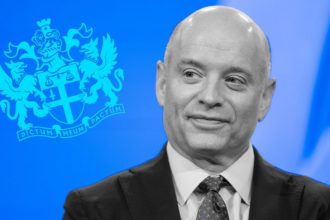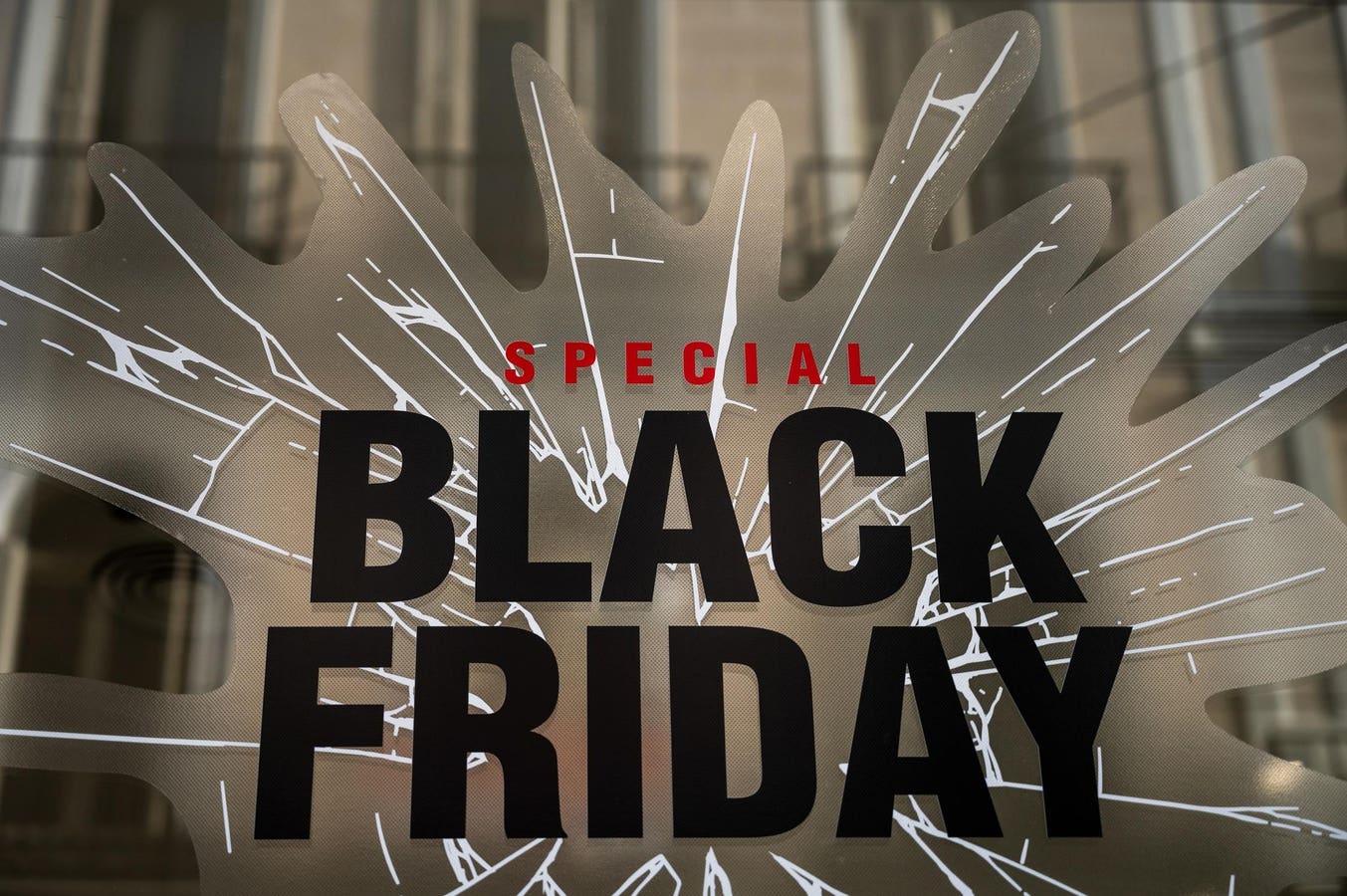Traditionally, Black Friday, the day after Thanksgiving, has been one of the biggest shopping days of the year and used by retailers to gauge how well they will perform over the November-December holiday season. It was also the day shoppers counted on retailers to introduce their biggest holiday deals.
But signs are that deal-hungry consumers will play a game of chicken with retailers this year. They’ll wait till later in the season for retailers to yield and give them even deeper discounts.
Black Friday Losing Its Grip
Ever since Amazon
AMZN
Summer retail promotions encouraged shoppers to start their holiday shopping earlier in the season, so Back-to-School shopping has morphed into Back-to-Holiday shopping too.
Then, in 2022, Amazon introduced a second big-deal day in October, and competitors responded in kind. They also moved forward their Black Friday promotions as well. Already, Walmart
WMT
TGT
BBY
“Thanksgiving weekend, which once upon a time was the kickoff to the holiday season, is now more of a midway point, or maybe the beginning of the end of the shopping season,” said National Retail Federation president and CEO Matthew Shay during the association’s press call announcing last years’ Black Friday results when 73 million shoppers turned out to shop.
However, that was a 13% drop from the 84 million shoppers who shopped in-store on Black Friday 2019. And this year’s Black Friday may be more of the same: a disappointment.
Majority To Skip Black Friday
A recent YouGov survey found that 52% of U.S. consumers plan to skip Black Friday shopping altogether, including 24% who’ve shopped Black Friday before but will take a pass this year. The YouGov survey was conducted among 1,200 adults between October 16-18, and the results were released exclusively to journalists.
Women and those aged 35 to 55 years, critically important demographics for retailers, are less than enthusiastic about Black Friday shopping this year.
Even more discouraging is that among dedicated Black Friday shoppers – only one-third of the sample – twice as many plan to spend less (28%) than spend more (12%) than before. Over 40% expect to spend about the same.
Some 17% are undecided about their level of spending and could be encouraged to pull the trigger depending on what’s on offer. But in that, retailers face a cynical audience.
A significant share of shoppers familiar with Black Friday sales events are skeptical that the discounts offered are genuine (21%), and a near majority (49%) believe that better deals are available at other times of the year.
On Hold
Given the less-than-enthusiastic interest in Black Friday shopping this year, shoppers are likely to wait it out, expecting retailers to make more attractive bargains available later in the season.
Chris Cocks, the CEO of Hasbro
HAS
And because Christmas falls on a Monday this year, retailers can expect more shoppers to turn up at the last minute to complete their holiday gift lists, which Accenture
ACN
Besides holding out for even more attractive bargains later into the season, people will also economize by cutting back on gifts to close family and friends. Over half (52%) have already agreed or plan not to exchange gifts with other adults this year.
Fewer gifts to buy will make shopping less of a chore and give people more time to spend quality time with friends and family, so Black Friday might be set aside to get together for drinks and a meal rather than shopping this year.
Better Promotions Ahead
Shoppers have always been drawn to holiday promotions, but their importance is paramount this year. McKinsey’s latest Consumer Pulse Survey found that two-thirds of shoppers are making better prices and promotions the priority for shopping this year, compared with 59% last year. Far fewer are concerned with product availability (36%), which caused disruption in recent years.
“The race to launch ever earlier holiday promotions has created one long, continuous year-end promotional cycle,” McKinsey states. While early promotions can drive more sales, so much promotional activity can lead to consumer burnout. Rather than helping overcome consumer skepticism about the discounts offered, they can lead to more of it.
That’s why the Wall Street Journal’s admonition that it is “smart to procrastinate on holiday shopping this year” is a good one. Citi analyst Paul Lejuez believes retailers will pull out the stops with even bigger sales as the season progresses.
Black Friday Turns Red
The origins of the Black Friday term are murky. According to Wikipedia, its earliest recorded reference was in the early 1950s when a trade journal referred to it as the day people called in sick to extend their Thanksgiving Day off through the weekend.
Then, it was adopted by the Philadelphia police in the 60s to describe the traffic congestion expected around the Wanamaker’s store near City Hall.
It slowly began to catch on in retailing circles, though to remove the negative connotation of the Black Friday term, retailers advanced an alternative definition: the day when retailers’ red-ink losses on their books turned a profitable black.
It may not be far from the truth. The retail industry depends on the November-December period for roughly one-fourth of annual sales, and McKinsey estimates that it may be as high as 40% for retailers heavily dependent on discretionary purchases.
Perhaps it was inevitable that Black Friday would lose its appeal, especially since so many consumers are holiday shopping online and Cyber-Monday is the retail event for that. Plus, online retailers need to pull-forward their holiday promotions since they must allow for delivery time.
As Black Friday wanes, it is being replaced by a surge in last-minute shopping on Christmas Eve Eve, December 23. Placier.ai reported that foot traffic at both Target and Walmart was basically flat on Black Friday 2022 compared with 2019. However, both enjoyed a surge on Christmas Eve Eve; Walmart was up 16% over 2022 and Target advanced 22%.
“The 2023 holiday season will almost certainly be defined by deal seeking,” Placer.ai reports. And shoppers can expect the best deals to come later this year. Inflation-weary consumers and anxious retailers will play a game of chicken this holiday season. Question is, who will win?
See Also:
Read the full article here





